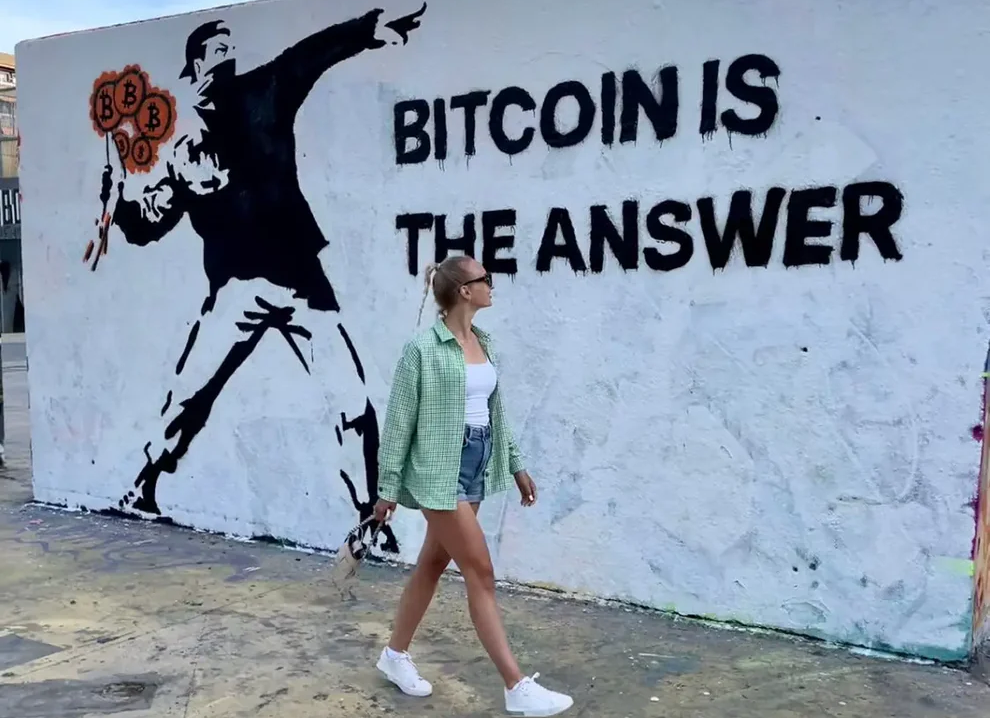How 9/11 Reshaped U.S. Financial Systems and Sparked the Crypto Revolution

The September 11, 2001, terrorist attacks, a tragedy etched into the collective memory of Americans, not only reshaped national security but also transformed the financial landscape. The passage of the USA PATRIOT Act just weeks after the attacks, which passed on October 26, 2001, marked a pivotal shift, introducing stringent regulations to curb terrorism financing and money laundering.
Over the past 24 years, these changes have redefined banking, money transfers, and spending for everyday Americans while spurring global financial reforms. The rise of Bitcoin and cryptocurrencies, emerging in 2008, reflects a societal pushback against this tightly controlled system, offering an alternative that champions financial freedom but now faces its own regulatory challenges.
The USA PATRIOT Act, particularly its Title III, known as the International Money Laundering Abatement and Financial Anti-Terrorism Act, targeted financial flows to prevent terrorist funding. It expanded the Bank Secrecy Act of 1970, mandating enhanced Anti-Money Laundering (AML) and Know Your Customer (KYC) protocols. Banks and credit unions now require detailed customer identification, such as Social Security numbers and photo IDs, for opening accounts or processing significant transactions. Suspicious Activity Reports (SARs) for transactions over $5,000 and Currency Transaction Reports (CTRs) for cash dealings exceeding $10,000 have become standard, impacting routine activities like large cash purchases or deposits.
Stay In The Loop and Never Miss Important Crypto News
Sign up and be the first to know when we publishAnti-Money Laundering and Customer Identification Rules
These measures have reshaped everyday banking experiences. Opening a bank account involves more paperwork, with banks scrutinizing identities to comply with Customer Identification Programs. Large cash transactions, once straightforward, trigger automatic reporting, discouraging heavy cash use and pushing society toward digital payments. For instance, buying a car with cash or sending money abroad often involves delays or additional scrutiny, creating friction for consumers and businesses alike.
The Treasury Department’s Financial Crimes Enforcement Network (FinCEN) and the Office of Terrorism and Financial Intelligence, established post-9/11, have become central hubs for enforcing these rules. They coordinate with domestic banks and international partners, wielding tools like sanctions through the Office of Foreign Assets Control (OFAC). Non-compliance carries hefty penalties, with fines up to $1 million per violation, leading banks to over-comply by closing accounts for high-risk clients like charities or small businesses in certain regions, or crypto-related accounts for example during the Biden admin tenure called Operation Chokepoint. This de-risking has reduced financial access for some, particularly in underserved communities, while compliance costs, estimated in billions annually, have driven up fees for consumers.
Globally, the Patriot Act’s influence extends through measures like Section 311, which labels foreign banks or jurisdictions as money laundering risks, limiting their access to U.S. financial systems. This has pressured global banks to adopt similar AML standards, harmonizing KYC rules worldwide through bodies like the Financial Action Task Force (FATF). For Americans sending remittances or conducting cross-border transactions, this means dual scrutiny, often causing delays or denials, especially in high-risk countries. The ripple effects are evident in regions like Africa, where mobile money platforms like M-Pesa have emerged to bypass traditional banking barriers.
The societal tradeoff has been a more surveilled financial system in the name of security. While this has curbed some illicit activities, it has also sparked debates over privacy. The push for traceability has centralized financial oversight, reducing access in some areas and fostering a culture of compliance that feels intrusive to many. Yet, it also set the stage for technological innovation, as frustration with these constraints gave rise to cryptocurrencies.
The emergence of Bitcoin in 2008, created by the pseudonymous Satoshi Nakamoto, was a direct response to centralized financial control and post-9/11 surveillance. Bitcoin’s decentralized blockchain allows peer-to-peer transactions without intermediaries, bypassing KYC requirements and enabling users to control their funds through private keys. This has empowered individuals in sanctioned countries or hyperinflationary economies like Venezuela, where Bitcoin serves as a store of value. Privacy-focused cryptocurrencies like Monero and Zano and tools like CoinJoin and Tornado Cash further obscure transaction trails, offering alternatives to the Patriot Act’s monitoring framework.
Cryptocurrencies have also facilitated borderless, low-cost transfers, sidestepping the delays and fees of traditional wire services like SWIFT or Western Union. During events like the 2022 Canadian trucker protests, Bitcoin enabled fundraising when banks froze accounts, highlighting its role in preserving transactional freedom. For the 1.7 billion unbanked globally, crypto provides access to financial services without the barriers of traditional banking, resonating with libertarian ideals of autonomy.
However, regulators have responded swiftly. Since 2013, FinCEN has classified crypto exchanges as Money Services Businesses, subjecting them to AML and KYC rules. The 2020 Travel Rule requires transaction data sharing for crypto transfers over $3,000, mirroring traditional finance regulations. High-profile crackdowns, like the 2022 sanctions on Tornado Cash for enabling money laundering, highlight the ongoing tension between privacy and security. Despite these hurdles, recent developments suggest a shift. Congressional proposals like the Financial Freedom Act and a more crypto-friendly stance under President Trump in 2025 signal growing mainstream acceptance, though crypto exchanges now resemble traditional banks with full KYC and surveillance measures.
The societal impact of these changes is profound. Americans have grown accustomed to rigorous identity checks and transaction monitoring, accepting them as a security necessity. Yet, the rise of crypto reflects a countercurrent, with individuals seeking ways to reclaim financial privacy. The ongoing regulatory “arms race” between privacy tools and tracing technologies continues to shape the financial landscape. While cryptocurrencies offer a path to route around post-9/11 restrictions, their integration into regulated frameworks suggests the balance between control and freedom remains delicate. As fintech and DeFi evolve, they continue to challenge the surveillance-heavy system born in the wake of 9/11, offering both opportunities and complexities for the future of finance.

